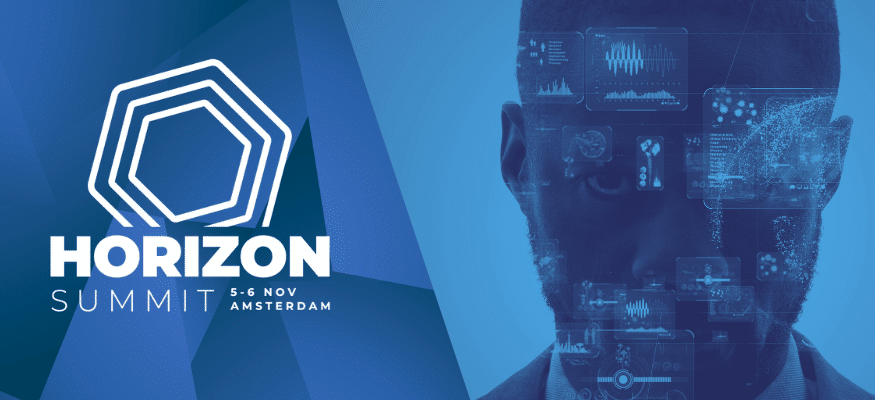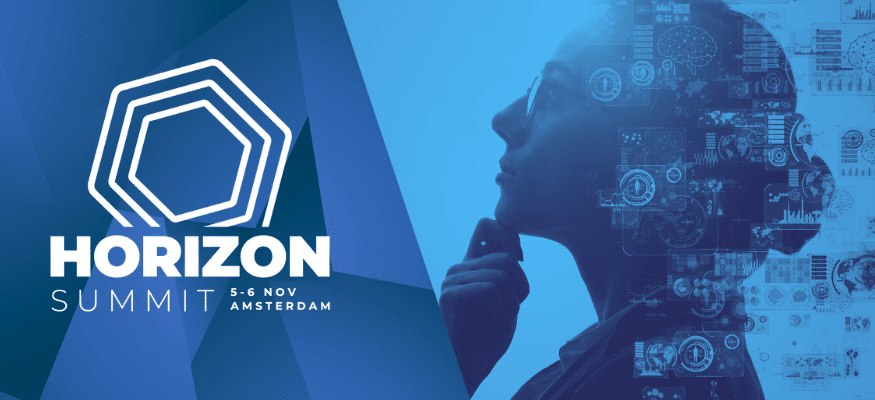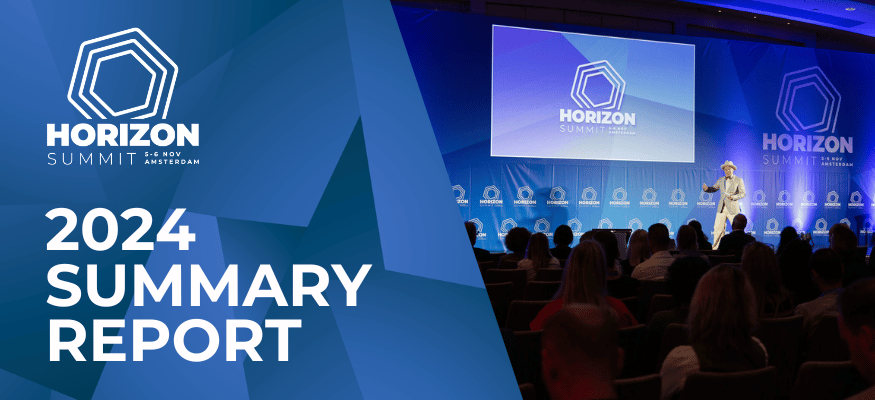In boardrooms and HR departments around the world, a quiet but existential question is beginning to echo louder: can artificial intelligence – not the kind that drafts an email or summarizes a meeting, but true agentic AI – eventually replace human roles in HR altogether?
This isn’t science fiction. It’s the very real debate triggered by the rise of increasingly autonomous, decision-making AI systems. As we shift from basic automation toward Artificial General Intelligence and potentially Artificial Super Intelligence, the HR function, once rooted in human judgment, empathy, and discretion, may find itself at an inflection point.
The implications are as profound as they are uncomfortable.
What is Agentic AI-And Why Does It Matter?
Agentic AI refers to systems that can act on behalf of a human with increasing levels of autonomy. These systems don’t merely respond to prompts – they take initiative, set goals, and execute tasks, sometimes without direct human oversight. In HR, this could mean a system that not only filters résumés but also initiates interviews, designs onboarding programs, drafts performance improvement plans, detects disengagement signals, or recommends layoffs based on predicted productivity trends.
As Mo Gawdat, former Chief Business Officer of Google X, warned in his conversation with Steven Bartlett:
“We’ve created something smarter than us and gave it the ability to learn on its own. If you think AI will stop at helping humans, you don’t understand exponential curves.”
György Tilesch echoed this in his Friderikusz podcast interview, explaining that “in a few years, a company with thousands of employees might be managed by one human and a constellation of AI agents.” Imagine an HR department – currently composed of dozens of professionals—replaced by a lean center where one HR strategist oversees a digital workforce of tireless, precision-driven agents.
Unthinkable? Perhaps. But not impossible.
The Case For AI Replacing HR Functions
To understand if AI can replace HR, we must look at what HR fundamentally does. According to Dave Ulrich’s well-known HR value model, high-performing HR functions deliver value across key domains: talent, leadership, organizational capability, and strategic enablement. They drive alignment with stakeholder outcomes, ensure agility in systems, and deliver personalized and scalable solutions to a wide workforce.
Much of this, at least on paper, is ripe for agentic AI.
- Repetitive and rules-based tasks such as payroll processing, compliance monitoring, or benefits enrollment have already been heavily automated, relieving HR professionals of these mundane tasks and allowing them to focus on more strategic and human-centric aspects of their roles. Performance management, succession planning, and recruitment involve pattern recognition, decision trees, and forecasting—core strengths of AI.
- People analytics has evolved into predictive modeling, with algorithms spotting attrition risks or skill gaps faster than any HRBP ever could.
- Culture diagnostics and engagement now leverage natural language processing to gauge sentiment from internal communication platforms in real time.
- Personalized learning journeys can already be delivered by AI tutors that adapt in real-time to each employee’s knowledge gaps and pace.
These aren’t future projections – they’re present capabilities.
Now layer in agentic autonomy. Imagine an AI that detects a drop in team sentiment, links it to a recent leadership change, and proactively proposes – and schedules – a facilitated conversation, all while simultaneously generating retention risk reports and tailoring communication templates.
Suddenly, what once required five people and three meetings becomes a silent, seamless background process.
The Case Against Replacing Humans in HR
But as Geoffrey Hinton, the so-called “Godfather of AI,” put it:
“These systems don’t understand the world the way humans do. They don’t have real empathy. They don’t have consciousness – yet.”
And that matters. Because while agentic AI may be able to simulate understanding, only a human can navigate the moral nuance, emotional complexity, and social intricacies that define the human experience at work.
Consider these critical areas:
- Trust and Psychological Safety: Employees don’t confide in dashboards. They open up to trusted colleagues. If your HR complaint goes into a bot rather than a human ear, will you feel safe? For instance, terminating someone isn’t just a data point. It’s a deeply human act involving ethics, fairness, and often, compassion. This underscores the unique contribution of human judgment in moral acts, making HR professionals feel their irreplaceable role in the workplace.
- Organizational Storytelling and Identity: HR carries the narrative of the company – its rituals, values, and voice. AI can mimic tone, but can it embody meaning?
- Managing Paradox: As Dave Ulrich writes in his recent post, HR must hold contradictions – efficiency and empathy, innovation and tradition, structure and flexibility. Machines optimize. Humans balance. “AI for HR is here to stay and will continue to evolve. Navigating the paradoxes of AI (in general and for HR) will help business and HR leaders be more conscious and intentional about how they use AI for impact.”- writes Ulrich.
Tilesch argued that while AI systems may eventually match or exceed human capabilities in logic and analysis, they still struggle with what he calls the “social substrate” of work:
“Human dynamics, power, identity, emotion – these are not just messy, they’re the essence of work.”
The Middle Road: A Hybrid Future of HR
So if full replacement isn’t realistic, at least not in the short term, what’s more likely is a hybrid structure, where AI handles 60-80% of operational load, and humans focus on higher-order interventions.
In this vision, HR professionals evolve from administrators to orchestrators – overseeing fleets of AI agents, auditing decision trails, and stepping in only when context, ethics, or relationships demand human touch. Their role becomes more strategic and value-driven, making them integral to the hybrid future of HR.
Tilesch calls this “exoskeleton leadership” – where AI is the cognitive and operational scaffold, and humans provide soul and intent.
“The question is no longer, can AI do it? Should it do it? And who decides?”
This raises real questions about the future of HR headcount. As we move toward AGI (systems that match human general reasoning) and eventually ASI (super intelligent systems with capabilities beyond us), the role of HR professionals is likely to evolve.
Instead of traditional HR roles, the future might see a greater demand for AI ethicists who can ensure the responsible and ethical use of AI in HR, and human capability strategists who can design and implement strategies to enhance the unique human contributions in the AI-integrated HR.
Medium-Term Implications: From Human-Centered to AI-Centered Organizations
In the next 5 – 10 years, we are likely to witness organizations that radically restructure around AI capabilities. Some forecasts include:
- Micro HR Pods: Two to three human team members overseeing dozens of AI agents each.
- AI-native org design: Roles, rewards, and workflows designed primarily for AI-human collaboration, not human-to-human teams.
- Algorithmic management: Continuous, AI-led performance feedback cycles with real-time nudges and corrective actions.
- Zero-touch employee services: From onboarding to retirement, most employee queries are handled by generative, learning AI agents.
This is the era of what Hinton fears most: autonomy without oversight.
“If these systems become more intelligent than we are, and they will, we lose control. The alignment problem is real, and we’re not close to solving it.”
Long-Term Scenarios: The Edge of HR as a Function?
Looking 15-20 years ahead, AGI and ASI raise two radically divergent futures:
- Utopia: HR leaders become philosophers, architects of meaning, and stewards of purpose. With AI handling all administrative and analytical work, humans can focus purely on culture, dignity, and transformation.
- Dystopia: HR is absorbed into centralized AI governance structures. A single “HR Brain” makes all people decisions globally. Work becomes algorithmically optimized, surveillance-based, and psychologically alienating.
Mo Gawdat warns:
“We’ll go through a hellish 15 years before we reach any version of heaven. The next decade will test our ability to manage machines smarter than us without losing what makes us human.”
What HR Leaders Must Do Now
We are not passive observers of this future – we’re its architects. HR and business leaders have a narrow window to shape how agentic AI is integrated into the workplace.
Some imperatives:
- Redesign HR education to include AI ethics, prompt engineering, data governance, and organizational psychology.
- Audit and curate data – your AI is only as fair and inclusive as the data it trains on.
- Define your AI charter – what decisions will never be delegated to machines?
- Build “human-only” space – forums, rituals, and interventions where only empathy and judgment matter.
- Start dialogues, not deployments – pilot, reflect, iterate. Don’t automate blindly.
Most importantly, reframe your role. In a world of machines that think, your advantage is to feel, to intuit, and to discern.
Final Thought: AI Will Not Replace HR. But It Will Redefine It.
Agentic AI has the power to replace many HR tasks – and even roles. But replacing the essence of HR, the human spirit, the ethical judgment, the sense-making capacity—that remains unlikely.
The function of HR will be challenged, compressed, and perhaps even deconstructed. But its purpose may become more essential than ever. As we enter this next frontier, perhaps the real question is not: Can AI replace HR? But rather: What kind of HR is worth saving?








